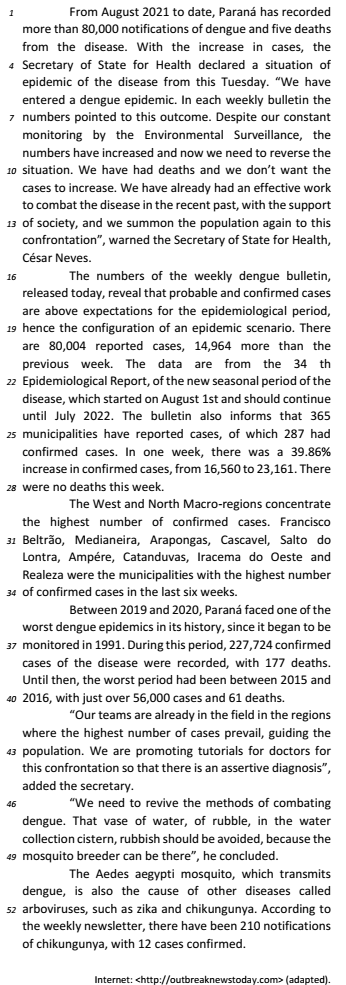Here’s why we’ll never be able to build a brain in a computer
It’s easy to equate brains and computers – they’re both thinking
machines, after all. But the comparison doesn’t really stand up to
closer inspection, as Dr. Lisa Feldman Barrett reveals.
People often describe the brain as a computer, as if neurons are
like hardware and the mind is software. But this metaphor is
deeply flawed.
A computer is built from static parts, whereas your brain
constantly rewires itself as you age and learn. A computer stores
information in files that are retrieved exactly, but brains don’t
store information in any literal sense. Your memory is a constant
construction of electrical pulses and swirling chemicals, and the
same remembrance can be reassembled in different ways at
different times.
Brains also do something critical that computers today can’t. A
computer can be trained with thousands of photographs to
recognise a dandelion as a plant with green leaves and yellow
petals. You, however, can look at a dandelion and understand
that in different situations it belongs to different categories. A
dandelion in your vegetable garden is a weed, but in a bouquet
from your child it’s a delightful flower. A dandelion in a salad is
food, but people also consume dandelions as herbal medicine.
In other words, your brain effortlessly categorises objects by
their function, not just their physical form. Some scientists
believe that this incredible ability of the brain, called ad hoc
category construction, may be fundamental to the way brains
work.
Also, unlike a computer, your brain isn’t a bunch of parts in an
empty case. Your brain inhabits a body, a complex web of
systems that include over 600 muscles in motion, internal organs,
a heart that pumps 7,500 litres of blood per day, and dozens of
hormones and other chemicals, all of which must be coordinated,
continually, to digest food, excrete waste, provide energy and
fight illness.[…]
If we want a computer that thinks, feels, sees or acts like us, it
must regulate a body – or something like a body – with a complex
collection of systems that it must keep in balance to continue
operating, and with sensations to keep that regulation in check.
Today’s computers don’t work this way, but perhaps some
engineers can come up with something that’s enough like a body
to provide this necessary ingredient.
For now, ‘brain as computer’ remains just a metaphor.
Metaphors can be wonderful for explaining complex topics in
simple terms, but they fail when people treat the metaphor as an
explanation. Metaphors provide the illusion of knowledge.
(Adapted from https://www.sciencefocus.com/future-technology/canwe-build-brain-computer/ Published: 24th October, 2021, retrieved on
February 9th, 2022)


